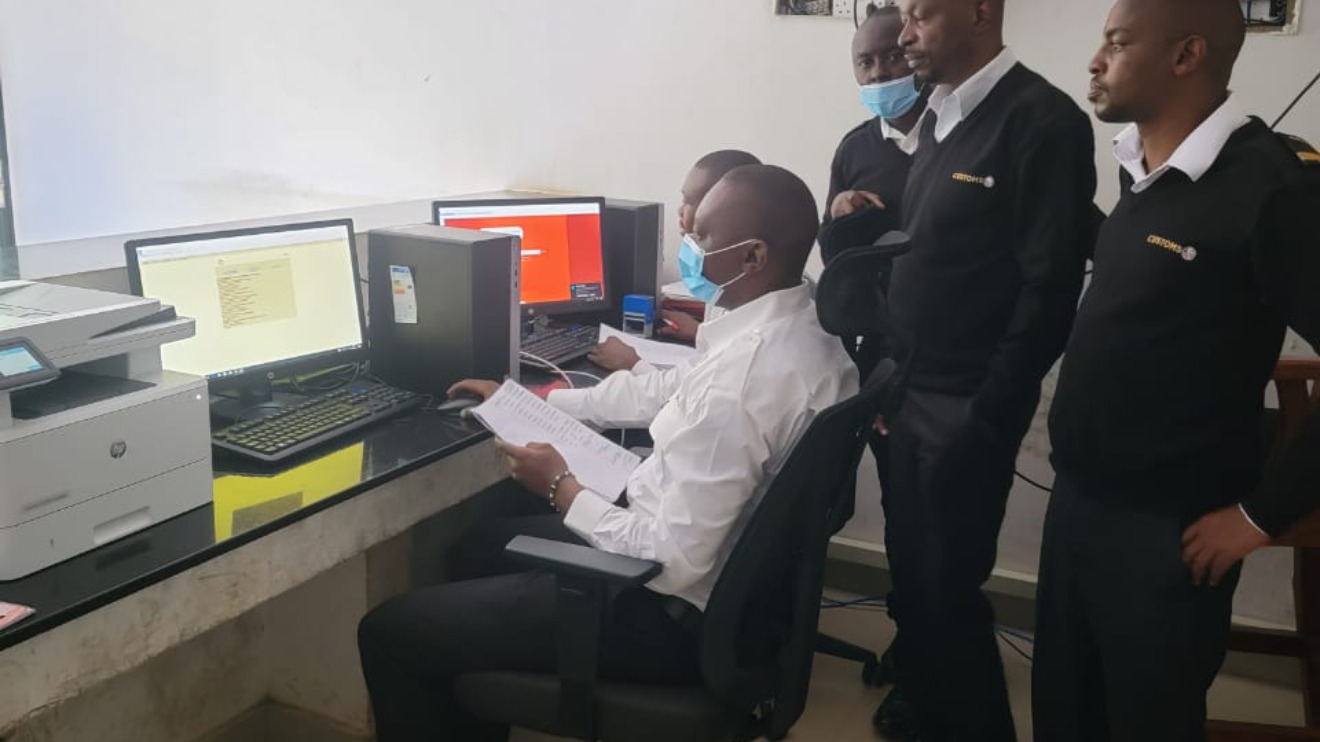Frequent disruptions to the Kenya Revenue Authority's (KRA) Integrated Customs Management Systems (iCMS) are causing significant disruptions to the country's import and export trade.
The system's recurring downtimes have led to delays in cargo clearance, increased costs for businesses, and potential revenue losses for the government.
The iCMS, introduced in 2019 to streamline customs procedures, has been plagued by technical issues.
Recent months have seen multiple instances of the system going offline, leaving importers and exporters grappling with uncertainty and additional expenses.
"The system's downtime has created a significant bottleneck in the clearing process," said a clearing official at Jomo Kenyatta International Airport. "Cargo is stuck, and customs duties are not being collected during these periods."
Read More
Clearing and forwarding agents have expressed frustration over the recurring disruptions.
"When the system is down, we are completely paralyzed," said Nobert Omondi, a clearing agent at the Nairobi Inland Container Depot. "This leads to delays and additional costs for our clients."
The Shippers Council of Eastern Africa (SCEA) has urged the government to address the issue urgently.
The industry has become heavily reliant on automation, and system failures have a significant impact on efficiency and productivity," said SCEA CEO Agayo Ogambi.
"Delays in cargo clearance can lead to increased storage costs, perishable goods going to waste, and lost revenue for the government."
KRA has acknowledged the issues and is working to resolve them. However, the frequent downtimes have raised concerns about the reliability of the iCMS and its impact on the country's trade facilitation efforts.
As businesses continue to face challenges, it is imperative that the government takes swift action to ensure the smooth functioning of the customs system.



-1757586635.jpg)





